The overall connecting idea is that all the stories have something to do – often indirectly – with the loss of Atlantis. It isn’t obvious at first what is meant by Atlantis since there is no referral to Plato’s account nor the usual accepted myths and legends that have since been developed. For me, Atlantis wasn’t a society that existed ten thousand years ago, nor do I regard it as some kind of marvellous utopia. I don’t think there is a shred of evidence of it ever having existed – not because it didn’t exist but because it existed so long ago. There is no miraculous building that can stay up for millions of years – and, for me, this is when the Atlantians* walked on this planet. That there are no bones to find is because there are no bones. (*Though I never call them Atlantians or Atlanteans, or whatever).
Many of the stories are set in the near or distant future, fewer in the present or past. The connections are subtle, sometimes even unintentional. Characters appear more than once but are not always recognisable. These differences go beyond simple name changes – it’s often entire lives that change. Mars is a strong connector as is various aspects of a war fought in the future. The name Miranda crops up often but it isn’t always obvious who she is or was. Later in the first volume, the Golden Queen thread picks up, a story-line I have already developed fully – the notes for this series are unintentionally copious.
The stories are arranged in trilogies, with three trilogies per volume. Each trilogy also has its connections: for example, in the first trilogy, attention is drawn to a mysterious alien and there is evidence of a war ended (Wired), a war begun (Reflected) and a war that is still current (Walked). In the second trilogy, the connection is actually not revealed at all and won’t be until the second volume! Many mysteries are created which are only unlocked in later stories, revelations which serve to unmask characters as much as Atlantis itself.
Some of the connections are immediately apparent: the revelation in Spooked is discussed openly in Crashed. The prison scenario is echoed in the first and last stories of the first volume, and again in the central trilogy. Mars crops up in several stories, referenced or actually visited. But it’s the themed connections that appeal to me the most: the meaning of the title Reflected isn’t really understood until Caged. Apparent immortality, lightly touched on in the first trilogy, is developed in Suicided and explained in Woken in great detail.
It should be understood, though, that the stories are not linear. Nor have I written them in order of publication. I’ve had to work out the best way to reveal information without signposting spoilers. Despite this, the stories could be read in any order as they are stand-alone: each one is complete within itself. One short story, titled Sacrificed, went on for rather a long time and ended up being near-novel length. So I wrote another rather long story, cobbled it on the end, believing it would make a novel. It didn’t. It was disastrous. A single scene was rescued from Sacrificed and became Spooked, while the violence that opened the second story became Suicided. The rest will appear – eventually – in stories yet to be written. Sacrificed will, eventually, become the story that connects Spooked to Woken.
Work has already begun on Volume Two, with the first short story published as an ebook and in paperback. It's an extremely long short story, so long in fact that it's actually a novella, coming in at over 45 000 words. None of the stories are under 10 000, which is how I came to call them "substantials" - longer than a short story but not quite novella-length, they are thus substantial short stories!
You will find Shattered here and the first volume of The Exodus Sequence here.

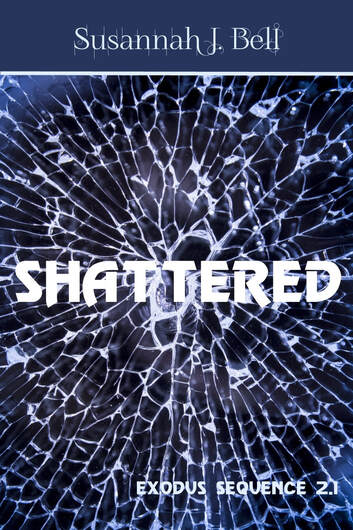
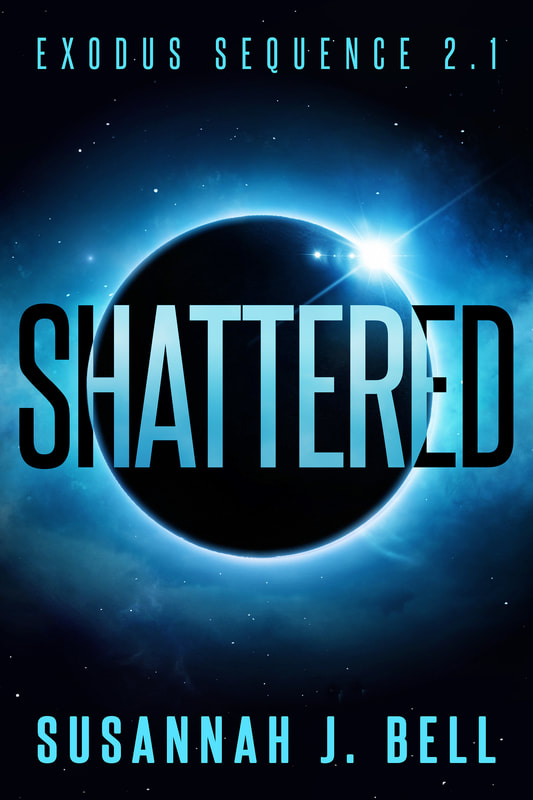
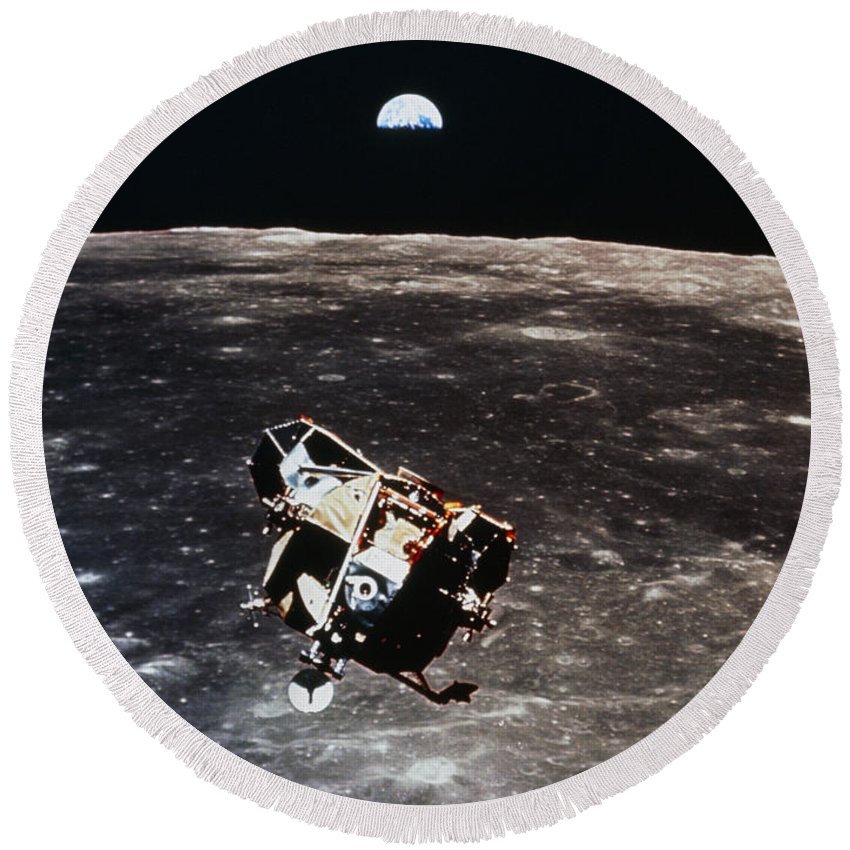

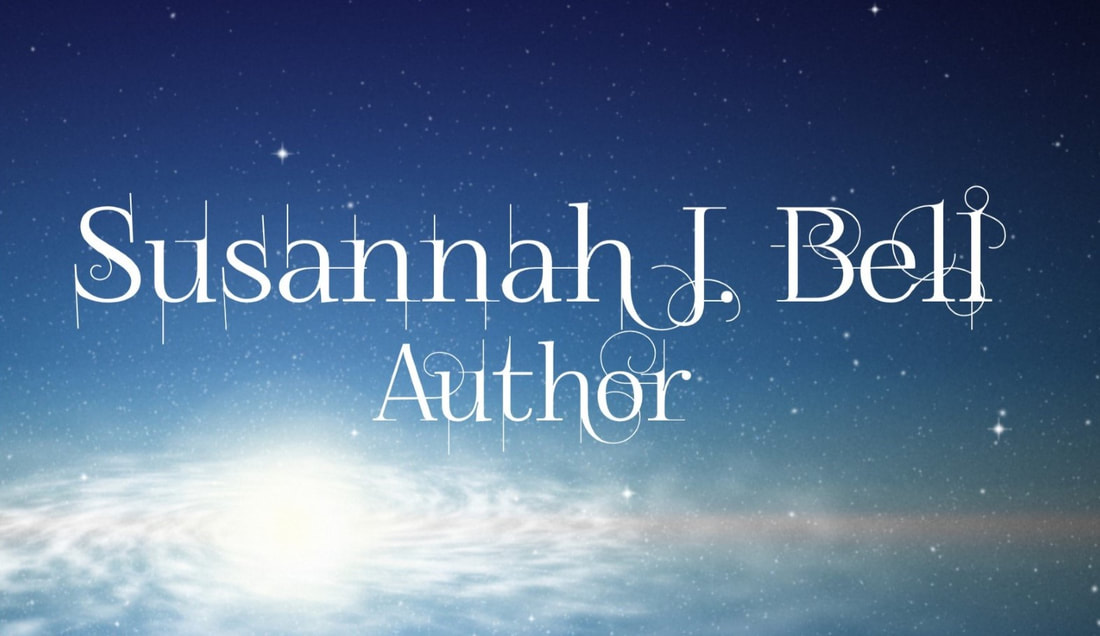
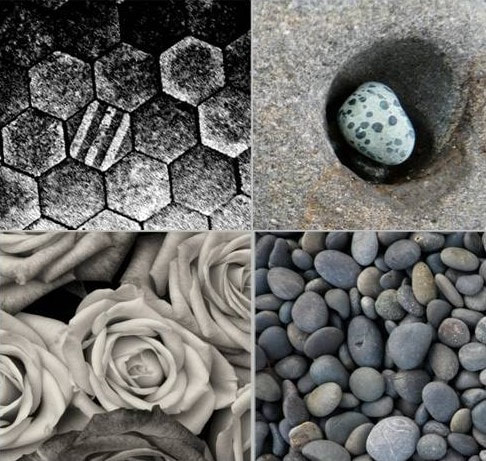
 RSS Feed
RSS Feed
